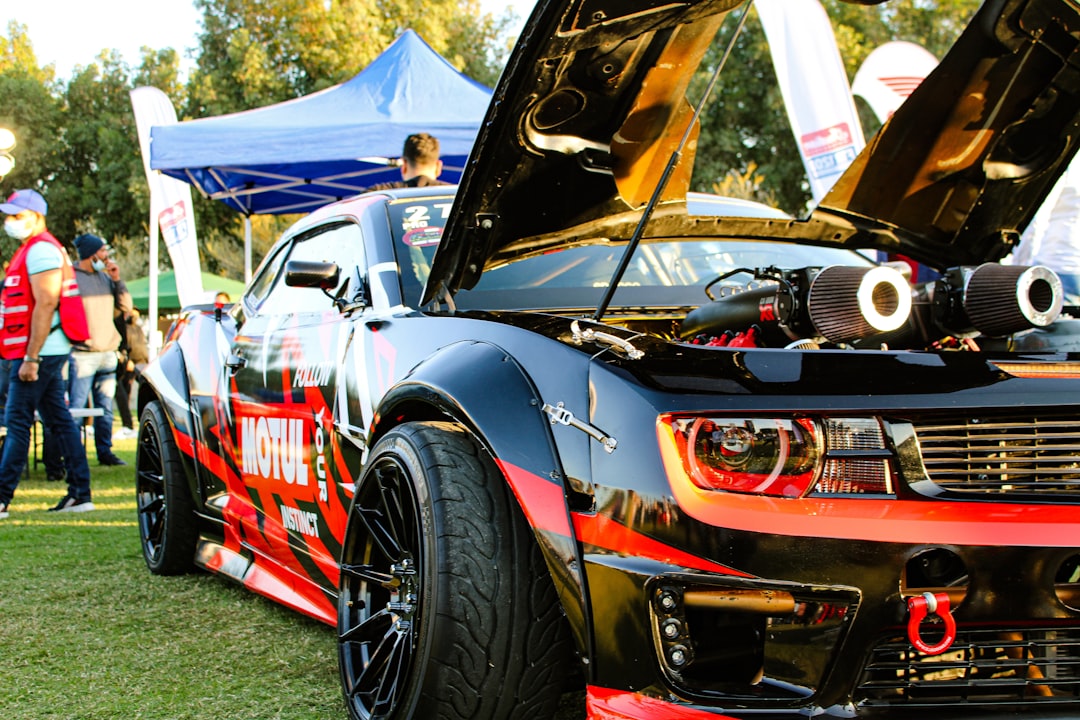
Your car isn't just a means of transportation. At least, it doesn’t need to be. Increasingly, people are modifying their vehicles to improve their performance, enhance the driving experience, or adopt a different aesthetic.
These modifications are often significant investments, and the best way to protect them is with modified car insurance.
There are lots of different coverage options, and many different factors affect rates, so it’s crucial to be informed before you start shopping. Explore how to protect your custom vehicle with modified car insurance and try these tips for ensuring full protection.
Why Modified Car Insurance Is Essential
A standard auto insurance policy is designed to cover a vehicle’s original factory specifications. Your premiums are based on the vehicle’s actual cash value, which may be very different if you’ve modified the car in any way.
Once you add aftermarket or custom parts, your standard auto policy may not provide proper coverage for your modifications. Your insurance provider may even deny claims or void your policy if you make modifications and don’t disclose them.
For example, say you add an expensive turbocharger to your vehicle. You don’t tell your insurance provider about this change. If you then get into an accident that damages the turbocharger, you’ll have no coverage for that damage. When you make a claim, your insurance provider may even deny it because your modification changed the risk profile of your vehicle.
That’s why you need to look for proper modified car insurance after making changes to your car.
Types of Coverage for Modified Vehicles
You have two main options when it comes to car insurance coverage for modified vehicles. If you only make small modifications, you may be able to cover them with custom parts and equipment (CPE) endorsements on your existing insurance policy. This coverage will protect the value of your custom parts and performance enhancements up to a specific policy limit.
However, if you make significant modifications or modify a high-value car, you’ll probably need an agreed value policy. In these policies, you and the insurance provider determine and agree on a set value of the vehicle. If you then experience a total loss, your agreed value policy will provide a fixed payout for that amount. The payout doesn’t decrease during the policy term for depreciation. Agreed value policies are common for classic car insurance and other collectible vehicle coverage.
How Modifications Affect Your Premiums
Generally, if your vehicle modifications increase the value of your vehicle, you can expect your auto insurance rates to go up, too.
For example, aesthetic enhancements like custom wheels and tires or unique lighting may add to your car’s value, making it more expensive to repair or replace after an accident. Insurance providers would generally raise your rates to account for this increased risk.
Performance upgrades like engine or braking modifications may increase the value of your vehicle and also the perceived risk of getting into an accident. For those reasons, car insurance providers may charge higher rates.
However, not all modifications lead to higher car insurance costs. If you add safety features or devices to your car and tell your insurance provider, they may see you as a lower risk and bring down your rates accordingly. For example, your insurance provider may reward you with cheaper rates for installing a GPS tracking system that would help police quickly recover your vehicle if stolen.
Premiums are all about insurer risk assessments. The more of a risk insurance providers think you are, the higher your rates will typically be. You can still find affordable high-risk insurance, though.
Steps to Get Proper Coverage for a Modified Car
When you’re considering coverage for your vehicle, the first question is how much car insurance you need. Car insurance for modified cars isn’t just about covering the modifications. You still have to worry about protecting the entire vehicle. Full coverage car insurance is one option.
With full coverage, you get collision and comprehensive car insurance combined, so you don’t have to worry about the cost of damage from collisions or covered non-collision events. Or, to save some money, compare collision vs. comprehensive insurance to decide if you really need both.
Once you're ready to find coverage for your modifications, make sure you take these steps:
- Disclose all your modifications, including parts and prices.
- Determine how much coverage you need.
- Get professional appraisals for high-value upgrades.
- Gather documentation, like receipts for aftermarket parts.
- Shop multiple insurers for the best quote.
Protect Your Investment with the Right Policy
The right auto insurance for modified vehicles provides peace of mind that your investment is protected. Whether you choose supplemental coverage or a separate custom car insurance policy, shopping around is the key to getting the best deal.
EverQuote can help. In just a few minutes, you can see a custom comparison of your options for car insurance for modified vehicles. Get your free quotes today.



